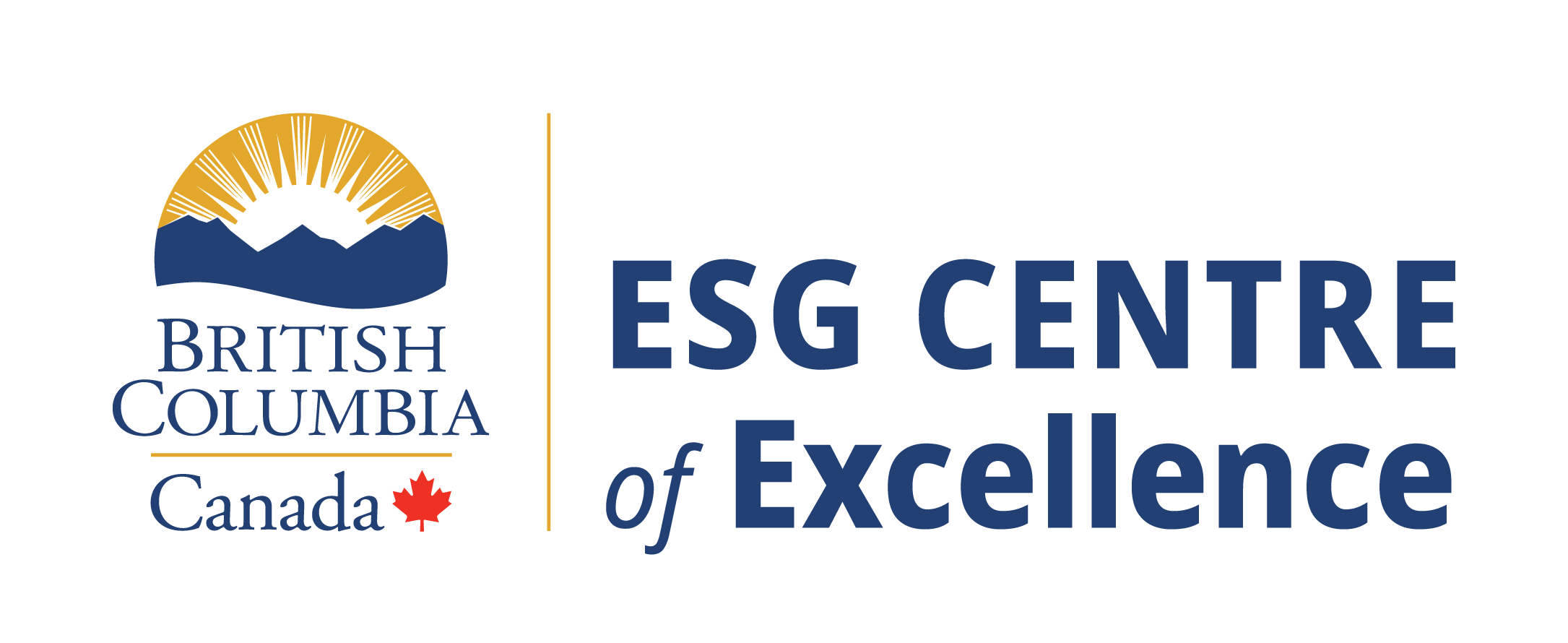Economic development
Economic development benefits communities, industries and people in regions across B.C. Find funding, tools, resources, best practices and services to support your community’s economic goals, whether you’re urban or rural, large or small, Indigenous or non-Indigenous.
Learn how we are Building B.C.’s economy stronger, together.
Read about B.C.’s response to unjustified U.S. tariffs:
- Find resources for small businesses
- Access business supports through Trade and Invest BC
- Connect with a Regional Manager in your area
Services and information topics
Search funding & grants
Find financial support for your economic development initiatives by easily searching our database.
Find Support and Make Connections
Find organizations to support economic development in your community. Connect with a regional operations manager in your area. Find services to help recover after an economic downturn.
Learn the Basics, Plan and Measure Your Economic Development Efforts
Learn the basics of economic development. Find out more about how to develop a plan using the Strategic Planning Toolkit. Measure the impact of your activities using the Performance Measurement Toolkit.
Research Economic Activity
Access economic data and statistical information. Learn about major projects going on throughout the province. Research natural resource and economic data. Find B.C. economic development surveys results.
Support Business and Sector Development
Find information and resources on how to support a healthy business climate in your community. Learn more about how to support and grow B.C.’s major economic sectors.
Indigenous Economic Development Resources
Indigenous led economic development is an important mission in the StrongerBC Economic Plan. Find information about partnerships, tools, and resources to support First Nations and Indigenous communities achieve their economic development goals.
Prepare for Business Investment and Land Development
Find out how to position your community to attract investment. Help an existing business to grow or execute your economic development strategy.
Discover how StrongerBC is helping people across B.C. find good jobs, access skills training, and build a resilient future on the StrongerBC Jobs website.
B.C. Assembly of First Nations (BCAFN) works with First Nations to provide them with the tools and information they need to build successful, sustainable plans for economic development.
Find BCAFN economic development toolkits for Indigenous communities.
Find services, tools and resources to help your business start or improve its Environmental, Social and Governance strategy.
Contact us with questions or feedback. We're here to help!
Send an email to:
EconomicDevelopment@gov.bc.ca



